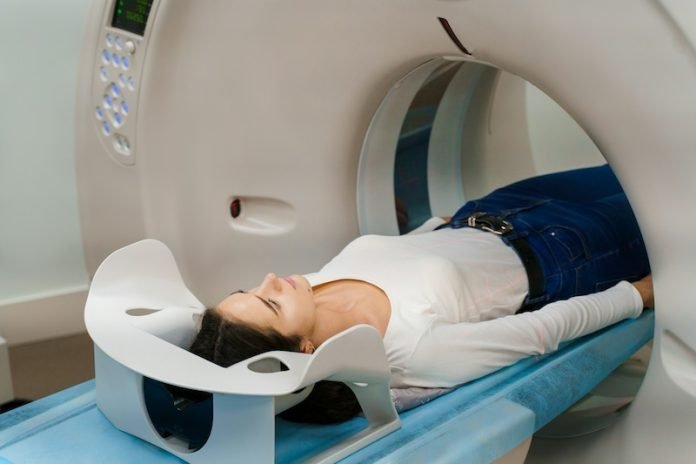
Imagine a world where technology could help doctors make better decisions, especially for patients who have had a stroke. This is not a scene from a science fiction movie but something that’s happening right now.
Recently, a study shared at the American Stroke Association’s International Stroke Conference 2024 has brought some good news.
It tells us that people who have survived a stroke and received advice from a computer program designed using artificial intelligence (AI) had a better chance of avoiding another stroke, a heart attack, or even death from blood vessel problems within three months.
This was compared to patients who were treated the old-fashioned way, without the help of AI.
The study was led by Dr. Zixiao Li from the Beijing Tiantan Hospital at Capital Medical University in China. He and his team showed that using AI to help with stroke care is not only possible but can actually improve how patients recover.
They used AI to share information and work alongside doctors, combining the best of both human and computer abilities.
Stroke is a big problem in China, being the number one reason why people die there. A stroke happens when the blood supply to the brain is interrupted, which can cause serious damage. The timely and correct treatment is crucial.
According to a 2024 report, strokes caused nearly 7.44 million deaths globally in 2021, and about half of these were ischemic strokes. This type of stroke, making up 87% of all strokes in the U.S., occurs when blood vessels to the brain are blocked.
The research, known as GOLDEN BRIDGE II, involved 77 hospitals in China. These hospitals were randomly chosen to either use the AI system’s advice for diagnosing and treating ischemic stroke or to go by what the hospital’s own team of doctors thought was best.
The AI looked at brain scans and used what it knows about strokes to recommend the best treatment to prevent another stroke from happening.
The study had over 20,000 participants. Researchers kept track of how many of them had another stroke, a heart attack, or died from related causes in the three months after their first stroke.
They found that using the AI system lowered the risk of these problems by 25.6%. This means that the hospitals using AI not only saw better outcomes for their patients but also followed the recommended guidelines more closely.
After three months, fewer people treated with AI had problems compared to those who received standard care (2.9% vs. 3.9%).
However, when it came to physical disabilities that can happen after a stroke, both groups were similar. This shows that while AI helped prevent further vascular events, the level of physical recovery was about the same regardless of the type of care.
This study is a big step forward in using technology to improve healthcare. It shows that AI can play a significant role in helping doctors make better decisions for their patients, leading to better outcomes after a stroke.
As technology and healthcare continue to merge, we can expect more advancements that not only save lives but also improve the quality of life for survivors.
If you care about stroke, please read studies about how to eat to prevent stroke, and diets high in flavonoids could help reduce stroke risk.
For more information about health, please see recent studies about how Mediterranean diet could protect your brain health, and wild blueberries can benefit your heart and brain.
Copyright © 2024 Knowridge Science Report. All rights reserved.



